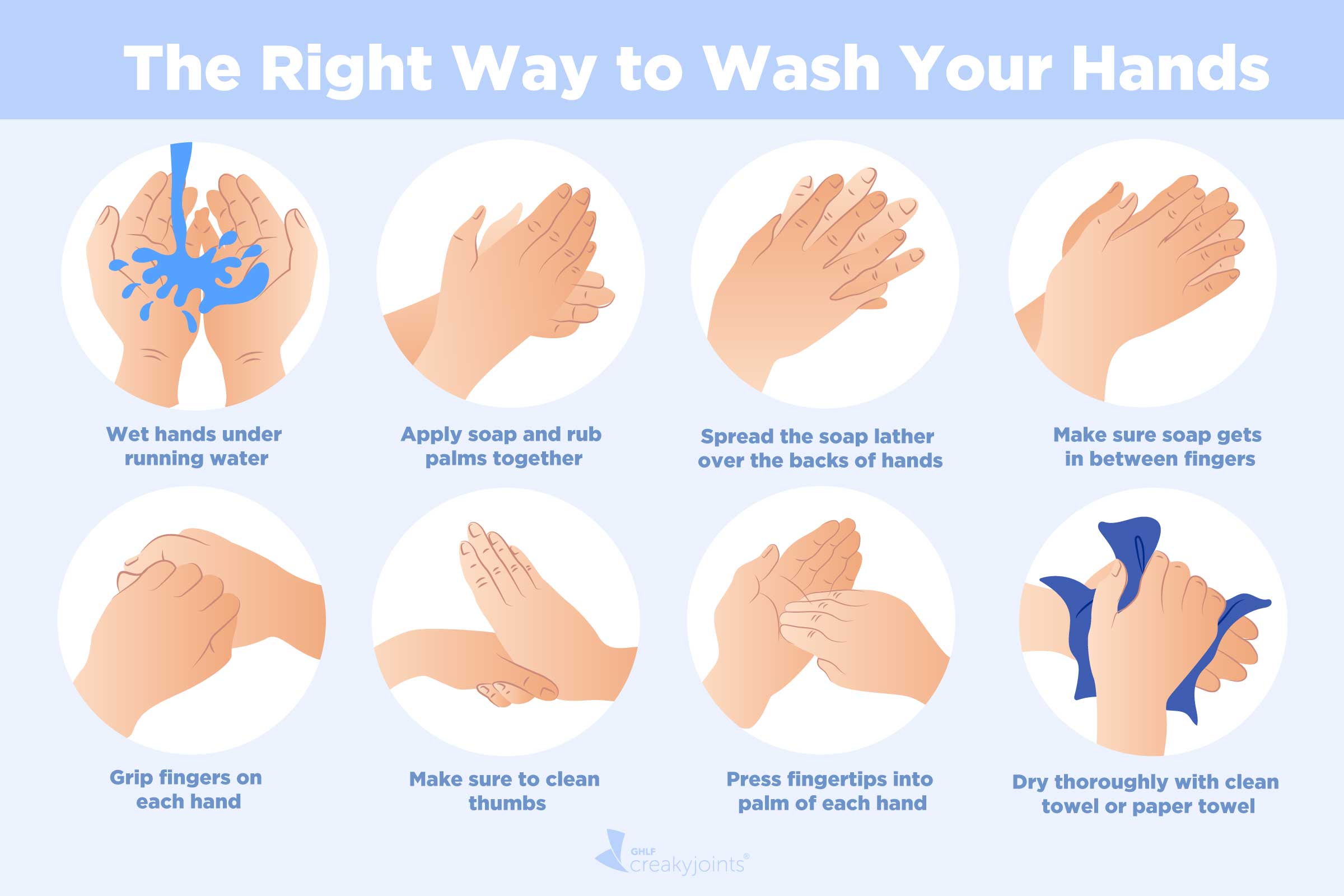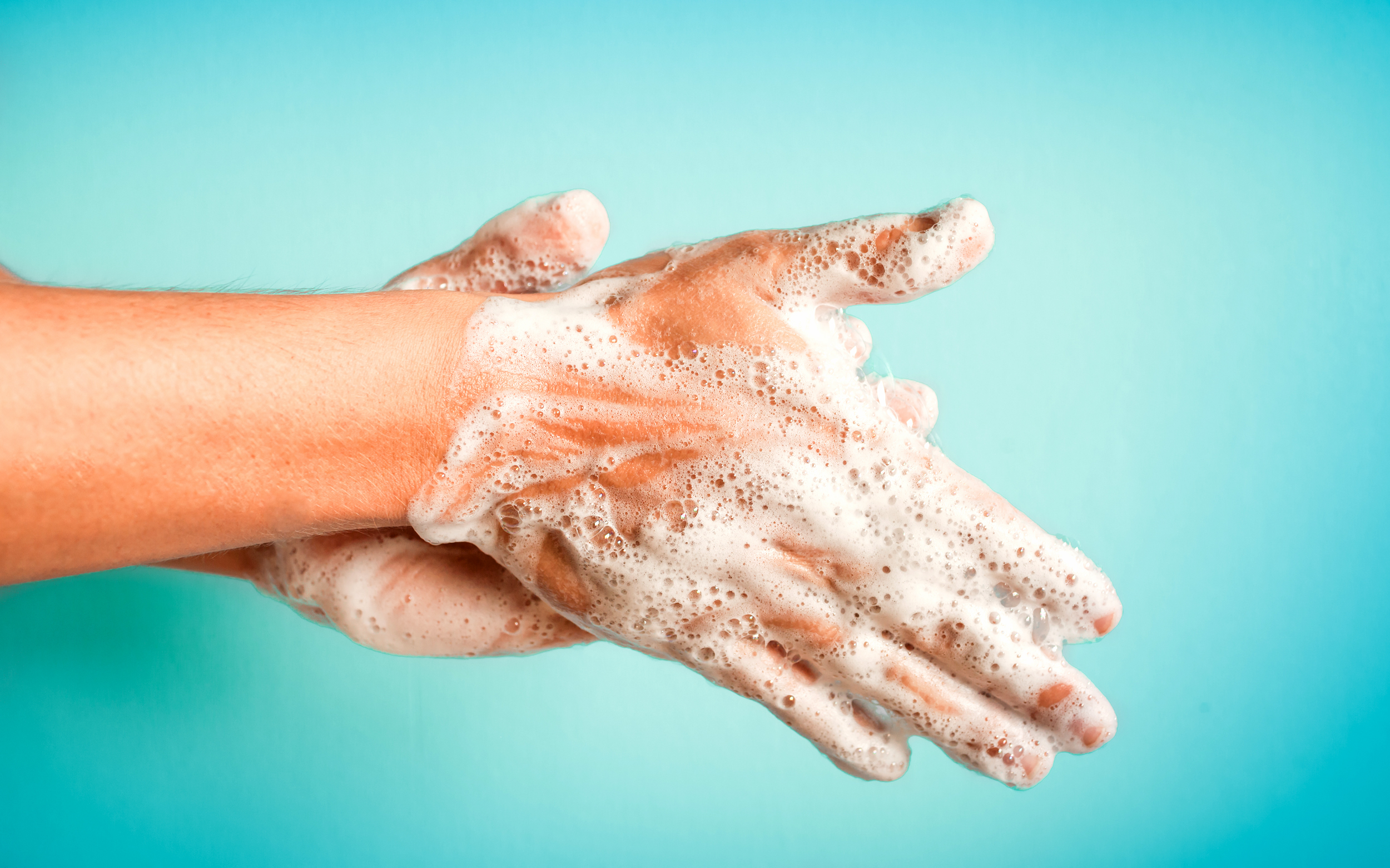We’ve put together some of the most important Hand Washing Facts & tips.
With all of the the uncertainty around COVID-19, sometimes it’s easy to lose sight of the simple things we can do to protect ourselves and those around us. We’ll start with the easiest of them all, hand washing correctly and the positive impact this can have.
- Women wash their hands significantly more often, use soap more often and wash longer than men.
- An undercover study has proven that only 5% of people wash their hands correctly.
- Researchers in London estimate that if everyone routinely washed their hands, a million deaths a year could be prevented.
- Sanitizers are less effective than soap and water because people may not use enough or may wipe it off before it has dried.
- Soap and Water are more effective than hand sanitizers at removing certain kinds of germs.
- Hand-washing reminder signs increase the frequency and length of hand-washing.
- 7% of women and 15% of men do NOT wash their hands at all after using the bathroom.
- Using soap and water to wash hands is more effective than water alone because the surfactants in soap lift soil and microbes from the skin.
- Hand-washing does not protect people from diseases such as chicken-pox, measles, influenza, tuberculosis, or mumps. These are all passed through the air, by sneezing, coughing, or laughing.
Remember to wash your hands:
- After coughing or sneezing.
- Caring for the sick.
- Before & After you prepare food.
- Before eating
- After toilet use.
- When hands are visibly dirty.
- After touching cuts, blisters, or any open sores.
- You can use an Alcohol hand rub if your hands are not visibly dirty.
As of 2021, statistics have shown us the huge impact that washing our hands has had on society’s health and well being.
During the COVID-19 pandemic, hand hygiene received unprecedented attention and became a central pillar in national COVID prevention strategies. However, concern with hand hygiene should not only be as temporary public health measure in times of crisis, but as a vital everyday behaviour that contributes to health and economic resilience. Hand hygiene is a highly cost-effective investment, providing outsized health benefits for relatively little cost.
Soap and water, or alcohol-based hand rub?
When practised correctly, it can be quicker, easier and more effective to clean hands with ABHR rather than washing hands with soap and water. Encouraging the use of ABHR by health care workers can greatly improve hand hygiene compliance, as well as providing an alternative when there are water shortages.
However, ABHR is less effective when hands are visibly dirty or soiled with blood or other bodily fluids. In such cases (and after using the toilet), handwashing with soap and water is recommended. Some pathogens (such as Clostridium difficile) may not be effectively
removed or inactivated by ABHR. If exposure to such pathogens is strongly suspected or proven,
handwashing with soap and water is the preferred means of hand hygiene.
See below for an illustration of the hand washing technique we should all be trying to follow to keep us – and others – healthy.

Useful Links
Here are some useful guides from the HSE.ie website on how we can protect ourselves and others from COVID-19.
COVID-19 Symptoms & Know The Signs
If you have any queries or worries about the effects of covid you can contact our Doctors and they will be happy to advise you. Contact Us Here

